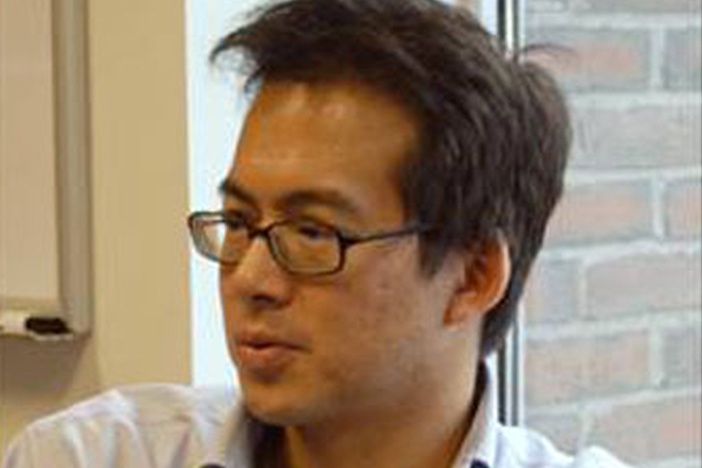3 Questions: Archon Fung on Political Science Today

Archon Fung, Ford Foundation Professor of Democracy and Citizenship at the Harvard Kennedy School of Government
Featuring Archon Fung - Ford Foundation Professor of Democracy and Citizenship at the Harvard Kennedy School of Government. His research examines the impacts of civic participation, public deliberation, and transparency upon public and private governance. His Empowered Participation: Reinventing Urban Democracy examines two participatory-democratic reform efforts in low-income Chicago neighborhoods. Current projects also examine initiatives in ecosystem management, toxics reduction, endangered species protection, local governance, and international labor standards. His recent books and edited collections include Deepening Democracy: Institutional Innovations in Empowered Participatory Governance; Can We Eliminate Sweatshops?; Working Capital: The Power of Labors Pensions; and Beyond Backyard Environmentalism. His articles on regulation, rights, and participation appear in Political Theory; Journal of Political Philosophy; Politics and Society; Governance; Environmental Management; American Behavioral Scientist; and Boston Review. Fung received two SBs and a PhD from MIT.
3 Questions: Archon Fung on Political Science Today
1: As a political scientist, what do you think is the greatest challenge facing the US today?
Where do I begin? I think the biggest challenges facing the US revolve around challenges to our democracy. US policy is most responsive to those at the very top of the income distribution, many, many Americans do not trust government or believe that it can address the country's problems, and there is a lack of public deliberation at both the popular and official levels. All of these problems are compounded by record levels of inequality and the failure to insulate political decisions from private economic resources.
2: In terms of contributing to American politics, do you think political scientists should focus more on shaping ideology or specific policy?
Unfortunately, with a some notable exceptions, few political scientists these days engage with either ideology or specific policies. On this topic, I often cite a study by Lee Seligman, a very successful former editor of the American Political Science Review.
In a 2006 APSR article, Seligman surveys the kinds of articles that have been published in the Review.[1] Seligman lists several categories including "policy prescription or criticism" and "policy prescription or criticism with presentation of empirical results." During the intellectual ferment of the Progressive Era and New Deal period, 20 percent of articles fell into the two categories. Since 1967, however, only six (not six percent, but six articles) of the 1,526 articles in the Review fit into those two categories. Seligman writes:
If 'speaking truth to power' and contributing directly to public dialogue about the merits and demerits of various courses of action were still numbered among the functions of the profession, one would not have known it from leafing through its leading journal.
[1] Sigelman, Lee. "The Coevolution of American Political Science and the American Political Science Review." American Political Science Review 100.04 (2006): 463-78.
3: In your support of the Occupy movement, do you see yourself as acting out more the duties of a political scientist or a citizen? And, in your view, what should the relationship be between political scientists and activism?
Both. Being a scholar, especially a tenured professor, is an incredible privilege. Society pays our way, and in exchange I believe that we have the responsibility to contribute by answering questions that are important to that society in ways that at least some of them can understand and use.
Occupy Boston is a diverse and vibrant collection of individuals who are calling attention to what is perhaps the most important questions of our time: how is the economy run and who benefits from it. Scholars (like myself, but many hundreds of others as well) have the training help develop the public discussion that they have triggered by, for example, helping to explain what the actual distribution of income and wealth is, what we know about how that distribution of wealth affects the possibilities for democracy, and what the policies that produce equality and inequality are.
My own scholarship explores democratic institutions and innovations and to the extent that people in Occupy Boston - or anywhere else - want to know more about possibilities for deepening our democracy, it's my responsibility (and pleasure) to have that conversation.
But scholars don't have the expertise to say for sure that any movement or policy should absolutely be X, Y, or Z. That kind of hubris leads to very bad outcomes. What we have to say is just one input into a broader process of deliberation and decision-making that should be democratic.